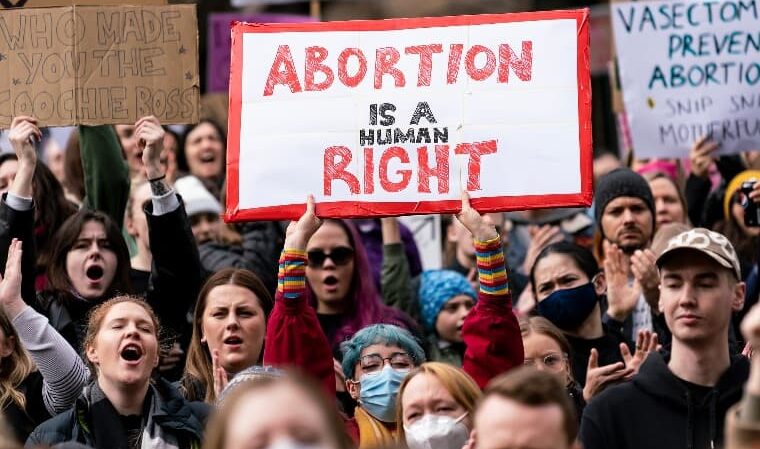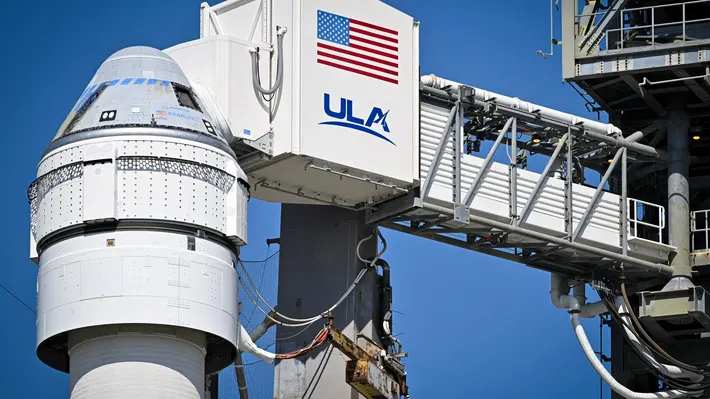DJ Chinese Scientists in America Come Under New Wave of Suspicion – WSJ by when Lu
Xiaofeng Wang, an Indiana University Bloomington professor of computer science, had two homes raided by FBI investigators on March 28. He was sacked by the university without cause a few hours later.
These incidents added to the mystery surrounding Wang, a renowned cybersecurity specialist who had spent twenty years at the university. Weeks before, his faculty page had abruptly disappeared from the university’s website.
The institution had been looking into Wang for unreported purported China partnerships, it was later revealed, though it was unclear how this was related to a Federal Bureau of Investigation investigation.
The institution refrained from commenting on Wang’s dismissal. A federal inquiry of a faculty member was just brought to its attention, it claimed, but it would not elaborate, saying it was “at the direction of the FBI.”
Furthermore, Nianli Ma, Wang’s wife, was fired without explanation from her position as an analyst in the library at Indiana University.
Both Wang and Ma are Chinese nationals who have made the United States their permanent home. Wang and his wife are not in police arrest and neither has been charged with a crime, according to Jason Covert, their attorney.
Reported by – wenxuecity – The Chinese scientific community in the United States has been shaken by Wang’s account. While growing tensions between the administration and colleges, many of them fear a resurgence of the political pressure, criminal prosecution, and official suspicion they experienced under the first Trump administration.
Once-thriving scientific cooperation between the United States and China has been undermined by geopolitical rivalry.
Chinese intellectual property theft is causing growing bipartisan concern in Washington.
In recent years, a number of Chinese nationals have been found guilty by U.S. federal courts of stealing trade secrets from American businesses.
In the meantime, Beijing is waging a vigorous drive to foster domestic innovation and “delete America” from its tech ecosystem.
In the months since Donald Trump’s return to the White House, scrutiny of Chinese students and scientists based in the United States has increased.
Building on initiatives started during his first term, such as the China Initiative, which examined scientists’ connections to China, he signed a presidential memorandum in February to prevent the threat China poses to national security.
In February, Republican Sen. Rick Scott of Florida filed a bill to bring back the China Initiative, which the Biden administration had discontinued due to concerns about racial profiling.
Republican lawmakers proposed legislation last month that would prohibit Chinese nationals from applying for student visas to the United States or using national laboratories.
Additionally, in March, the presidents of six colleges received requests for information regarding Chinese students enrolled in STEM (science, technology, engineering, and math) programs from GOP Representative John Moolenaar of Michigan, who chairs the House Select Committee on China.
“America’s student visa system has become a Trojan horse for Beijing, providing unrestricted access to our top research institutions and posing a direct threat to our national security,” Moolenaar stated in his requests.
Targeting Chinese scientists, according to critics of the heightened monitoring, could make it easier for China to entice brilliant scientists to return home and jeopardise American competitiveness.
The National Science Foundation reports that the largest supply of international PhD students in STEM fields comes from China.
According to science policy experts, the majority of Chinese scientists who received training in the United States have remained in the country, either teaching the next generation of scientists and engineers at American universities or fostering innovation at American businesses.
“The more you close up and set up boundaries and borders, it’s just going to weaken your science,” said Caroline S. Wagner, an Ohio State University researcher who studies science and technology policy.
It is unclear whether the colleges have reacted to Moolenaar’s pleas, and the proposals in Washington are not guaranteed to pass
Numerous Chinese students’ visas have been cancelled in recent days without explanation, including some who are enrolled in prestigious universities to do cutting-edge artificial intelligence research.
Over the past two months, attorneys for Chinese or Chinese-American scientists under investigation under the China Initiative have reported an increase in their clients’ reports of being contacted by U.S. law enforcement regarding previous cooperation or interactions with Chinese organisations.
Rob Fisher, an attorney at Nixon Peabody who defended two scientists charged during the first Trump administration, said, “I’ve had clients call me when they got contacted by the FBI: ‘Is my house going to be raided?'” “You have a whole community of scientists who live in fear.”
China has tightened limitations on foreign access to research in China, especially in sensitive areas, even as it continues to encourage international scientific collaboration and entices foreign scholars with attractive financing.
According to research published in the Proceedings of the National Academy of Sciences, 5,361 Chinese scientists working in STEM fields departed the United States for China between 2018 and 2021, a 53% increase over the preceding four years.
Allegations of unreported scientific collaborations in China that allegedly took advantage of or interfered with U.S. grants served as the basis for many of the investigations. According to U.S.-based scientists, in the past, few U.S. colleges examined these kinds of partnerships, and many actively promoted them.
Only a small percentage of the hundreds of investigations the Trump administration launched through the China Initiative and a related campaign at the National Institutes of Health found criminal wrongdoing, but the atmosphere it created caused scientists to flee.
Since joining the Indiana University faculty in 2004, Wang has collaborated on numerous initiatives including cybersecurity, privacy, and cryptography with scholars in China.
Since joining the university, he has been named as the primary researcher on around $23 million in research awards, according to an archived version of his deleted faculty website.
According to those acquainted with the situation, the institution reached out to Wang in December to ask about a 2017 award in China that bore his name. According to the people, Wang was unaware that his Chinese research collaborators had filed for the award. A formal investigation of Wang was initiated by the university a few weeks prior to the FBI raids.
According to the American Association of institution Professors’ Bloomington branch, Wang was not given due process when he was fired by the institution. A letter denouncing Wang’s termination was sent to the university’s provost on Tuesday, signed by more than 700 academics from the United States.
In a virtual speech to supporters last week, Wang’s wife, Ma, stated, “It hurts deeply that a country that we trusted and contributed to for so long now treats us like criminals.”
The return of prominent scientists and engineers, as well as rising stars in disciplines including chip design, artificial intelligence, mechanical engineering, nanoscience, and cancer research, has been lauded in recent months by Chinese media and academic institutions.
In February, recruiters in Shenzhen, a tech powerhouse in southern China, posted an English-language ad targeting scientists and researchers in the United States on social media. “Here, an open and inclusive spirit embraces the world,” the advertisement stated.
Source : WSJ.com
Read more
Donald Trump Defeats Kamala Harris, Marking Historic Comeback

Daisy Morgan is a dedicated business journalist known for her insightful coverage of global economic trends and corporate developments. With a career rooted in a passion for understanding the intricacies of the business world, Daisy brings a unique perspective to her writing, combining in-depth research with a knack for uncovering compelling stories. Her articles offer readers a comprehensive view of market dynamics, entrepreneurship, and innovation, aiming to inform and inspire professionals and enthusiasts alike.







